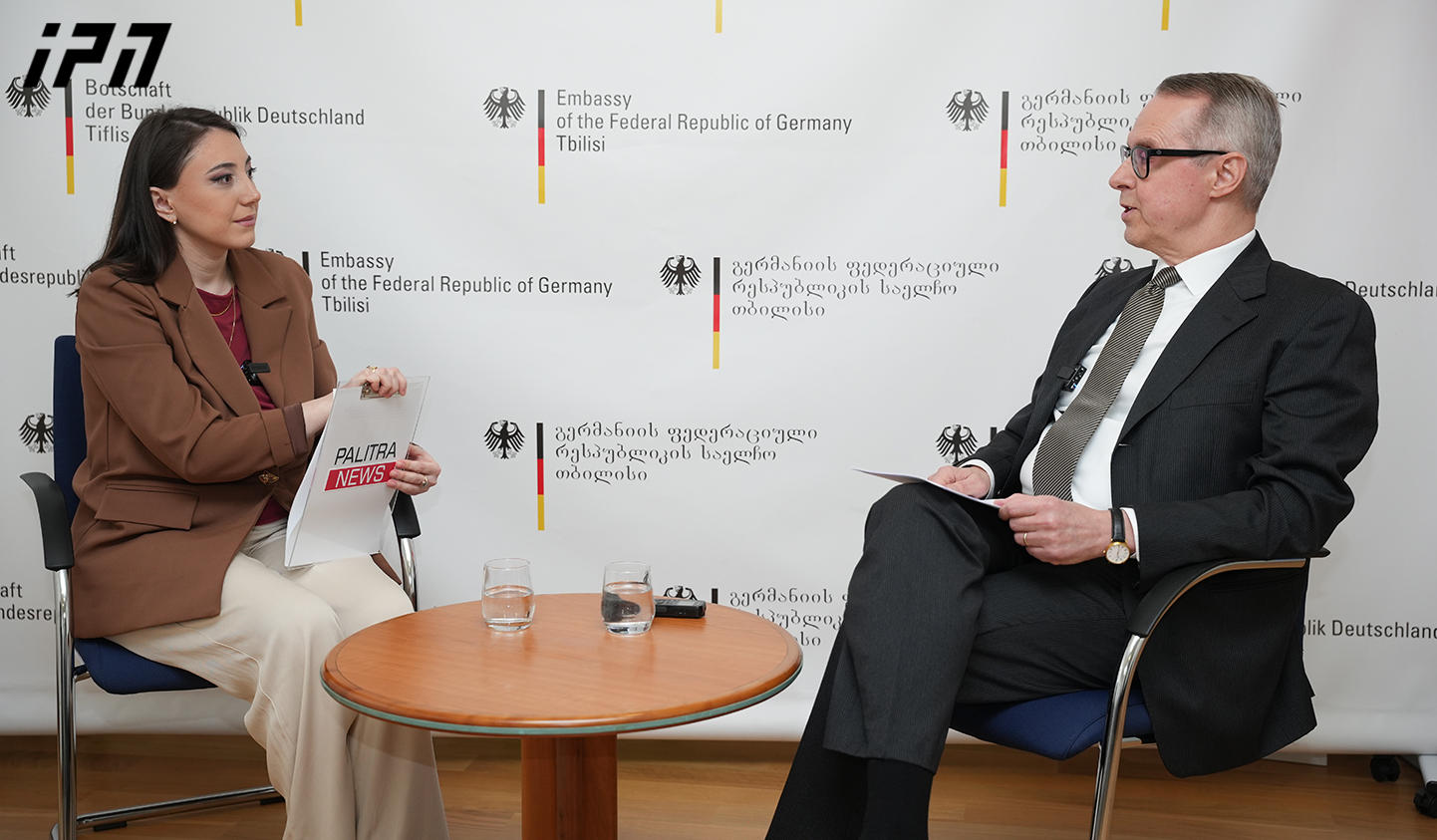Prime Minister's report: In 2024, the country's average economic growth amounted to 9.4% - the unemployment rate decreased to a record low of 13.9%, and the number of employed people reached a historical maximum of 1.4 million

In 2021-2024, the country's average economic growth amounted to 9.7%, and in 2024 it amounted to 9.4%, which makes Georgia one of the countries with the fastest growing economies in the world, - reads the annual report of Prime Minister Irakli Kobakhidze, which he will present to Parliament on June 27.
In addition, according to the document, in 2024 the unemployment rate decreased to a record low of 13.9%, and the number of employed people reached a historical maximum of 1.4 million.
“The Government of Georgia continued to take consistent steps to create an effective, accountable and transparent state governance system. Emphasis was placed on improving human resource management. The delivery of state services was improved, and work was also underway to strengthen e-governance systems. In addition, significant steps were taken to develop land registration, digital identification, data exchange and infrastructure, which are aimed at improving the quality of services and improving citizens’ access to state services.
The Government of Georgia again declared strengthening human rights protection as one of the country’s top priorities. This direction was based on real steps and reforms, which helped to further consolidate democratic governance and strengthen the institutional system for human rights protection. The implementation of the 2022-2030 Human Rights Protection Strategy continued actively.
A draft National Security Concept was developed, which will be regularly updated, taking into account that the security environment often changes.
Many important steps have been taken in the direction of security and law and order. The Law of Georgia “On the Creation of a DNA Database” was approved, which will significantly contribute to the prevention and investigation of crimes. Legislative amendments were made in the field of migration to improve the asylum system and combat illegal migration. The police reform is successfully underway, within the framework of which the Law and Order Officer Service created in Tbilisi, Batumi and Rustavi is successfully functioning.
Despite global geopolitical tensions, the Georgian government continues to firmly implement the strategic goals defined by the government program and successfully leads the country on the path of peaceful, sustainable and inclusive development. Reasonable economic policy, structural reforms and high macroeconomic discipline have made it possible to effectively overcome external shocks and maintain a high rate of economic growth.
In the post-pandemic period, namely, in 2021 − 2024, the country's average economic growth amounted to 9.7%, and in 2024 it amounted to 9.4%, which makes Georgia one of the countries with the fastest growing economies in the world. Economic growth is supported by both strengthening domestic consumption and increasing exports of services – including a significant increase in revenues from tourism and the transport sector.
According to preliminary data, 2025 also started with strong economic activity – in the first quarter, average growth amounted to 9.3%. In parallel, low inflation was maintained, which averaged within 1.1% in 2024. The stability of inflation, which is based on productivity growth and reasonable fiscal and financial policies, has become one of the main symbols of the country's economic sustainability.
Economic dynamics were directly reflected in the labor market. In 2024, the unemployment rate fell to a record low of 13.9%, and the number of employed people reached a historical high of 1.4 million.
Since 2013, after the launch of the universal healthcare program, the Georgian government has been actively working to provide quality and affordable medical services. 95% of the population is already covered by the program, and state spending on healthcare has increased by 323% compared to 2012. This has significantly reduced the financial burden on patients and the share of out-of-pocket payments has decreased from 73% to 41%.
The government continues to strengthen social protection: pensions are being increased by indexation, and in 2025, pensions will increase by 35 GEL. The state also continues to provide targeted assistance to vulnerable groups, including those living in mountainous regions and children.
During the reporting period, reforms were implemented at all levels of education aimed at improving access, quality and equity. Standards were improved in the pre-school, general, vocational and higher education systems, school autonomy and assessment mechanisms were increased. Bilingual programs were widely introduced for ethnic minorities. Infrastructure development projects continued to be actively implemented, and teacher salaries were also increased. It was planned to create a results-based funding model and improve the quality management system in higher education institutions.
The Georgian authorities actively continued their efforts to ensure the territorial integrity and de-occupation of the country, with the aim of resolving the conflict peacefully. During the reporting period, all possible diplomatic and legal instruments were used to gain international support, implement the 2008 ceasefire agreement and prevent the illegal annexation by the Russian Federation. Particular attention was paid to facilitating the return of refugees and internally displaced persons, protecting human rights, and reconciling and restoring trust between the population divided by the occupation line.
Significant progress was achieved in developing the capabilities of the defense forces, institutional strengthening, and deepening international cooperation. Within the framework of the Total Defense Concept, national resilience was strengthened, territorial defense and resistance elements were organized. The review of defense strategic documents and the introduction of a risk management system continued. The strengthening of anti-tank, air defense, artillery, reconnaissance and engineering capabilities, the modernization of airspace management systems and the introduction of weapons in accordance with NATO standards continue. The Georgian Defense Forces actively participate in NATO programs and international military exercises.
In addition to the important results listed above, this report provides detailed information on the main measures and initiatives implemented by the Government of Georgia during the reporting period, which correspond to the priorities and strategic directions of reforms defined by the Government Program,” the Government Program Implementation Report states.
